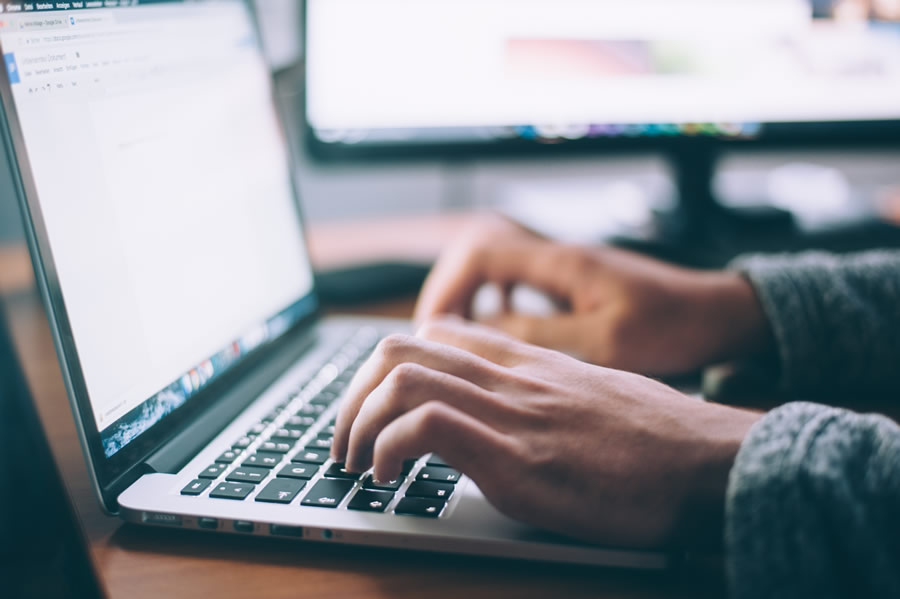
Protect Your Online Privacy
10-18-2023Online SecurityDuring Cybersecurity Awareness month, we are sharing some ideas to consider to limit your risk.
1. Share less online- not just social media. Be mindful of the forms you fill out on websites (avoid inserting optional information like your phone number and middle name), create a throwaway email address for subscriptions (this is how your info could be sold on the dark web), avoid shared playlists, folders, or albums (they could get hacked), and protect your wi-fi password (your router handles sensitive information like your passwords and financial info).
2. Use hard-to-guess passwords and two-factor authentication Strong and unique passwords for all your devices is an absolute must. Add in another layer of security with two-factor authentication.
3. Take the time to carefully review your privacy settings–decide what you want to share and what you want to protect with companies.
4. Get rid of apps and browser extensions you don’t use and be suspicious of every app. A lot of apps make money by collecting user data.
5. Delete your data from search engines Search engines collect personal data from us all the time.
6. Use a secure VPN (Virtual Private Network) while you’re browsing online. It encodes your browsing information and makes it unreadable to hackers. Another thing to keep in mind is browsing in public. Hackers use a scam called shoulder surfing to watch you enter your private information when you're using your devices, and it’s easier to get access to your personal information if you’re connected to a public wifi network (so use a VPN if you are!).
7. Keep your apps updated Software updates exist for a reason, so don’t ignore them! When a bug or vulnerability is detected in an app, software updates are released to “patch” them, so if you don’t download the new software you’re giving cybercriminals a way in to access your data. Turn on automatic updates on your phone and computer, and regularly check to see if there are new versions available.
8. Disable ad and data tracking because the majority of your personal data that is collected is for marketing purposes.
9. Set up encryption on your computer to keep your personal info like data, texts, and emails safe. Anyone without an encryption key or password won’t be able to access any of your information. You should also consider storing less in the Cloud and more on a physical hard drive. This makes it a lot harder for cyber criminals to get access to your data!
10. Limit 3rd party app connections. If your Facebook account is what you use to login to your Instagram and Twitter account, then anyone who has that one password can hack into all of those accounts.
BACK TO LIST